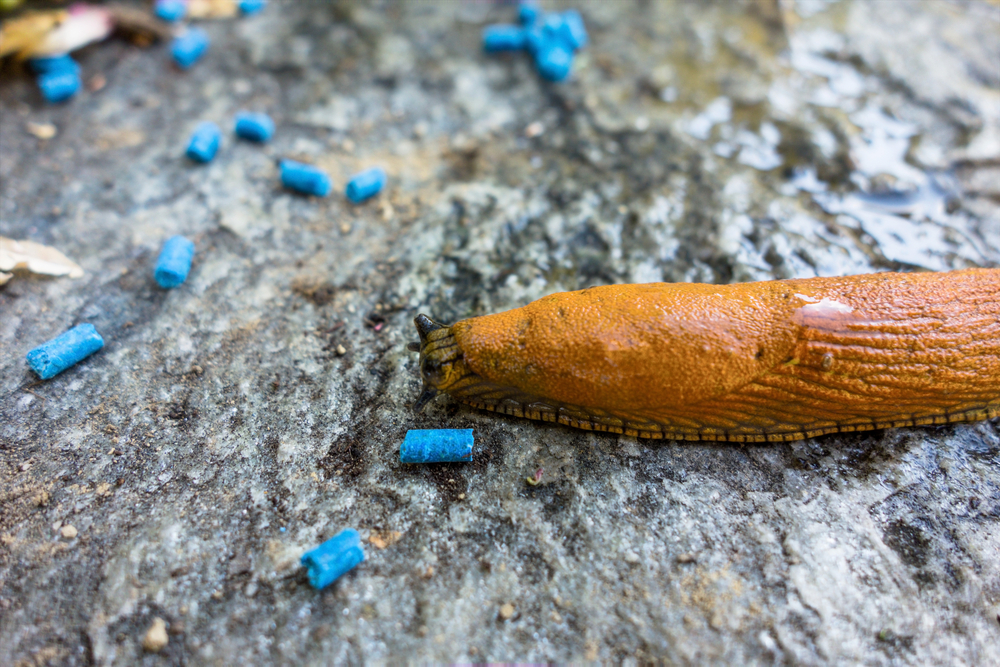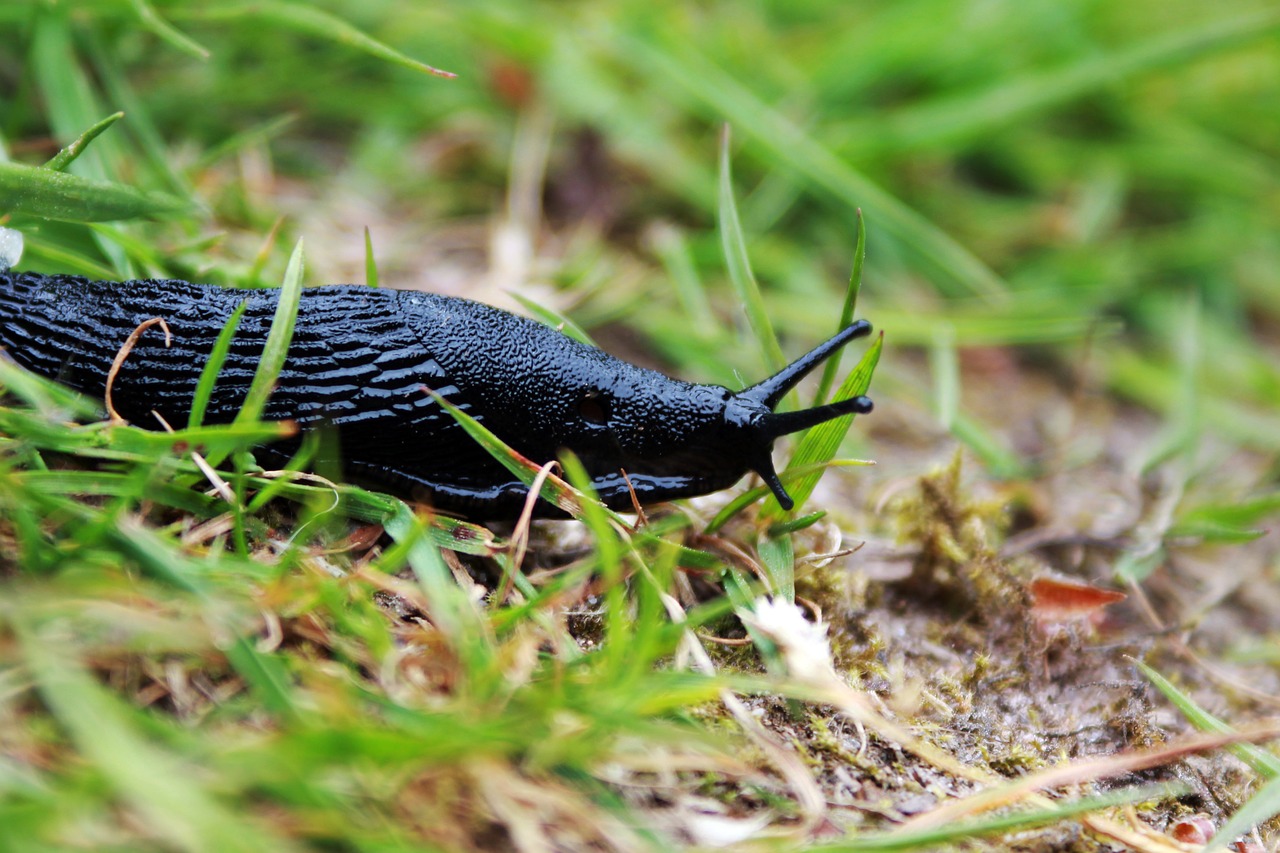
Boris the Japanese Akita poisoned by killer slug pellets containing metaldehyde
VETS have warned that slug and snail pellets can be deadly for dogs and cats after a Japanese Akita was fatally poisoned.
While they may look harmless, many varieties of the pellets contain a chemical called metaldehyde which can make pets seriously ill and, in some cases, prove deadly.
Even small amounts can cause significant poisoning and severe signs, including incoordination, tremors and convulsions, can occur within an hour.
Dogs or cats who have eaten the pellets should be seen by a vet urgently as only rapid treatment can save their life.

One dog who tragically did not survive ingesting slug and snail pellets was Japanese Akita Boris. He died within hours of coming across the pellets during a walk in the park.
His owner, Jackie Denning, of St Helens, Merseyside, said: “Boris suffered a terrible end and we had to witness it. I wouldn’t want any other dog to go through what he did.”
According to mum-of-two Jackie, 13-year-old Boris visited the park at 5.30pm and within half an hour he’d lost the use of his legs.
He was taken to Vets Now but, by then, it was too late.
Jackie added: “I just want people to know of the danger because Boris didn’t eat anything in the park so he must have got it on his muzzle and paws and licked them clean like most dogs do.
“The only reason we even managed to get him to a vet is because he collapsed and we wrapped him in a blanket.
“I only took him to the park at 5.30pm after work and by 9pm he was gone and the vet told me himself that it was down to poisoning from slug pellets or antifreeze.
“I urge people to clean their dog’s muzzles and paws once they get in from a walk and make sure they don’t eat things while out so that other innocent animals are not subjected to this horrendous treatment.”
Vets Now has 60 clinics and pet emergency hospitals across the UK that are open through the night, seven-days-a-week, and day and night on weekends and bank holidays, to treat any pet emergencies that may occur.
All of Vets Now’s premises have a vet and vet nurse on site at all times.

Dave Leicester, head of clinical intelligence at Vets Now, said: “After looking closely at the case we have decided that it is likely that Boris ingested slug pellets as slugs and snails are most active during warm humid spells and that is when most slug pellet poisonings will happen.
“The active ingredient in most forms of slug pellets, metaldehyde, is highly toxic to both dogs and cats, and even very small amounts, if ingested, can lead to fatal clinical signs which progress very rapidly.
“If an owner thinks their pet has eaten any amount of slug pellets, no matter how small, they should contact their veterinary practice without delay, as clinical signs can start in as little as 30 minutes.
“Owners should be alert to the early signs such as nausea, drooling, wobbliness and lack of coordination, which can progress rapidly to tremors and seizures and I recommend all pet owners to thoroughly wipe down their pet’s paws and muzzles after a walk.”
Unlike snails, which are dormant during autumn and winter, some slugs stay active throughout the year as long as temperatures remain above 5C (41F). They are a persistent garden pest and are estimated to cause around £8 million in damage to agricultural crops each year.
Pet-friendly slug and snail pellets are available online and in most garden centres.
